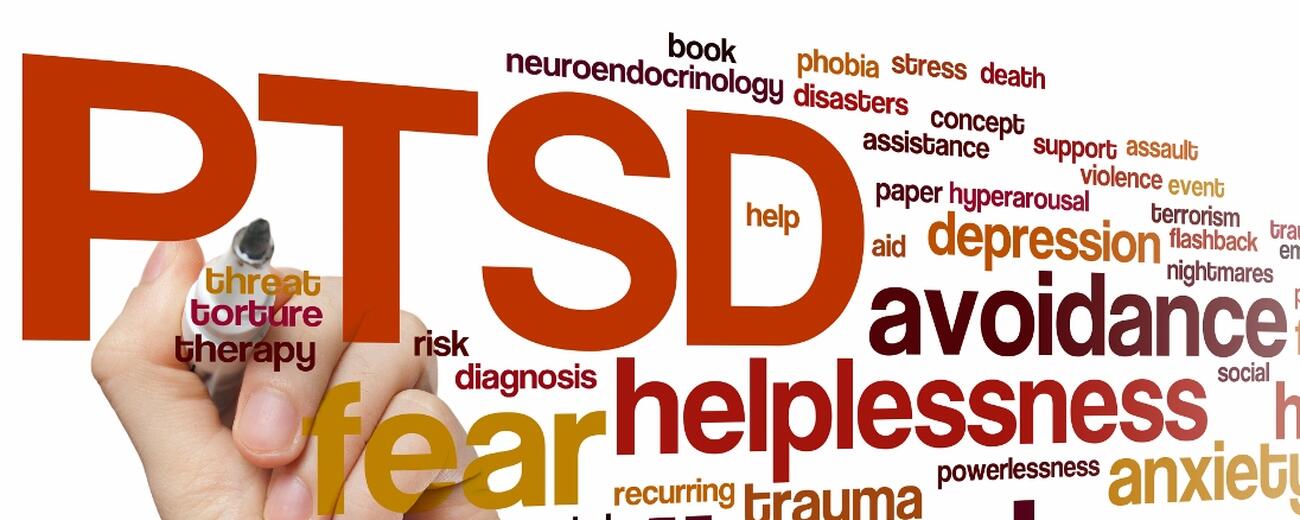New Year, New You, New Outlook on Therapy
by Dr. Christina Shaw, Ed.D, LPC
The new year often brings a sense of renewal and a chance for a fresh start. It's a time when people reflect on the past and set goals for the future. Beginning therapy during this time can align with the general spirit of self-improvement and personal growth that many individuals embrace at the start of a new year.
The end of the year is a natural time for reflection. People may think about their achievements, challenges, and areas for improvement. Engaging in therapy at the beginning of the year allows individuals to process and understand their experiences from the past year, fostering personal insight and growth.
New Year's resolutions often involve a commitment to positive change. Therapy can support individuals in setting realistic and meaningful goals for personal and emotional well-being. It provides a structured and supportive environment to work towards these intentions.
The holiday season can be joyous, but it can also bring about stress, anxiety, and family dynamics. Starting therapy in the new year can help individuals process any challenges or emotions that may have arisen during the holiday season, providing a healthy outlet for coping and understanding.
Therapy offers a safe and confidential space to discuss personal concerns with a trained professional. Starting therapy in the new year allows individuals to build a strong support system that can provide guidance and assistance throughout the year.
The beginning of the year is an excellent time to prioritize mental health. Just as one might make resolutions for physical health, such as exercising more or eating better, committing to mental well-being through therapy is a valuable investment in oneself.
Therapy equips individuals with valuable coping strategies and tools to navigate life's challenges. Starting therapy in the new year provides an opportunity to learn and practice these strategies, enhancing emotional resilience and overall well-being.
If there are harmful patterns or habits that individuals want to break, therapy can be a supportive space for exploring and understanding these behaviors. The new year presents a symbolic time to initiate positive change and break free from unhelpful patterns.
Navigating Grief During the Holidays: A Compassionate Journey
by Dr. Christina Shaw, Ed.D, LPC
The holiday season, typically associated with joy, laughter, and festivities, can be exceptionally challenging for those grappling with grief. Coping with loss during this time of year often intensifies emotions and magnifies the void left by the absence of a loved one. We will explore the nuances of grieving during the holidays and offer compassionate guidance on navigating this delicate journey.
1. Acknowledge Your Feelings:
The first step in coping with grief during the holidays is acknowledging your feelings. It's okay to experience a mix of emotions, from sadness and loneliness to anger and confusion. Suppressing these feelings can harm your well-being. Instead, allow yourself to feel and express your emotions correctly.
2. Create New Traditions:
Traditions can be a powerful reminder of the past, and sometimes, the absence of a loved one can make existing traditions painful. Consider creating new traditions that honor the memory of your loved one while allowing you to find joy in the present. This could involve lighting a candle in their honor, preparing their favorite dish, or sharing stories about them with friends and family.
3. Set Realistic Expectations:
It's crucial to set realistic expectations for yourself during the holiday season. Understand that this year may be different, and it's okay not to feel the same level of holiday cheer. Permit yourself to scale back on festivities if needed, and communicate your feelings with loved ones to ensure they understand and can offer support.
4. Lean on Your Support System:
Grieving is a personal journey, but it doesn't mean you have to go through it alone. Lean on your support system, whether it's friends, family, or a grief support group. Surrounding yourself with understanding and compassionate individuals can provide comfort and a sense of connection during a time that may otherwise feel isolating.
5. Practice Self-Compassion:
The holidays can be a time of heightened self-reflection, and practicing self-compassion is essential. Be gentle with yourself, acknowledge that healing is a process, and understand that it's okay to prioritize your well-being. Consider engaging in self-care activities that bring you comfort and peace, whether walking, reading a book, or practicing mindfulness.
Grieving during the holidays is a complex and personal experience. You can navigate this challenging journey with a sense of grace and understanding by acknowledging your feelings, creating new traditions, setting realistic expectations, leaning on your support system, and practicing self-compassion. Remember that healing takes time, and it's okay to prioritize your emotional well-being during this season of both celebration and reflection.
Unraveling the Power of Cognitive Behavioral Therapy: Your Guide to Positive Change
by Dr. Christina Shaw, Ed.D, LPC
Welcome, dear readers, to a journey of self-discovery and empowerment. Today, we will explore the world of Cognitive Behavioral Therapy (CBT), a transformative approach that has empowered countless individuals to overcome challenges and lead more fulfilling lives.
Section 1: Understanding the Basics
At its core, CBT is a therapeutic approach that explores the intricate dance between our thoughts, feelings, and behaviors. It operates on the principle that changing our thoughts can positively change how we feel and act.
Section 2: The Collaborative Journey: In This Together
CBT is not a one-size-fits-all solution; it's a collaborative effort between you and your therapist. Together, you'll set goals and work towards them, creating a roadmap for your personal growth.
Section 3: Unraveling the CBT Model: The Tapestry of Thoughts, Feelings, and Behaviors
Picture a tapestry where your thoughts, feelings, and behaviors are intricately woven together. CBT helps unravel this tapestry, revealing patterns that may contribute to your challenges.
Section 4: Setting Sail with Goals: Navigating Towards Positive Change
CBT is goal-oriented, focusing on tangible objectives you set with your therapist. Whether it's managing anxiety, overcoming phobias, or enhancing your well-being, CBT provides a structured approach to guide you toward positive change.
Section 5: Practical Skills for Real-Life Success: Arming Yourself with Tools
CBT equips you with practical skills that extend beyond the therapy room. From identifying negative thought patterns to implementing effective coping mechanisms, these tools become your allies in facing life's challenges.
Section 6: Homework as a Stepping Stone: Beyond the Session
Homework assignments in CBT aren't about worksheets but about applying what you've learned in real life. These exercises become stepping stones, bridging the gap between therapy sessions and your daily experiences. This is an essential element of CBT due to applying what’s learned in session to your everyday life.
Section 7: Empowerment Through Insight: Taking the Reins of Your Life
CBT isn't just about managing symptoms; it's about understanding yourself deeper. As you gain insights into your thoughts and behaviors, you become the captain of your ship, steering towards a brighter future.
Section 8: Evidence-Based Assurance: Grounded in Science
Rest assured, CBT isn't a whimsical concept. It's an evidence-based approach rooted in scientific research and proven effectiveness. The principles guiding your journey have been tested and refined to ensure you receive the best care possible.
Section 9: Communication and Connection: A Safe Space
Open communication with your therapist is fundamental in CBT. Your thoughts, concerns, and questions are not welcome; they're essential for a successful therapeutic journey.
As we conclude this exploration, remember that embarking on the path of Cognitive Behavioral Therapy is a courageous step toward positive transformation. Embrace the change, celebrate your victories, and know that you are not alone on this journey.
If you're intrigued by the possibilities of CBT or have questions, share your thoughts in the comments below. Reach out to mental health professionals to explore how CBT can be tailored to your unique needs. Your journey towards positive change starts with that first step.
Here's to a brighter, more empowered you!























